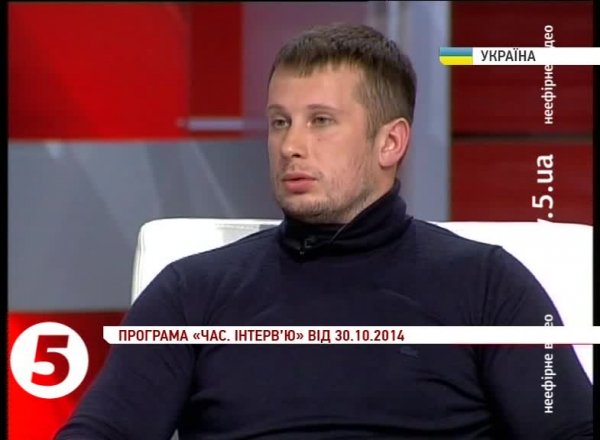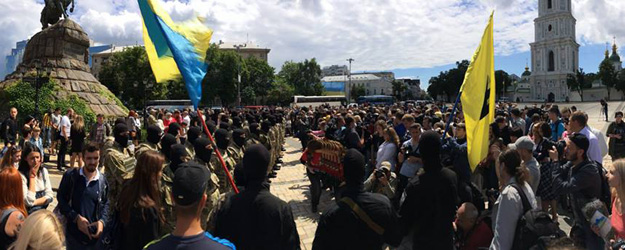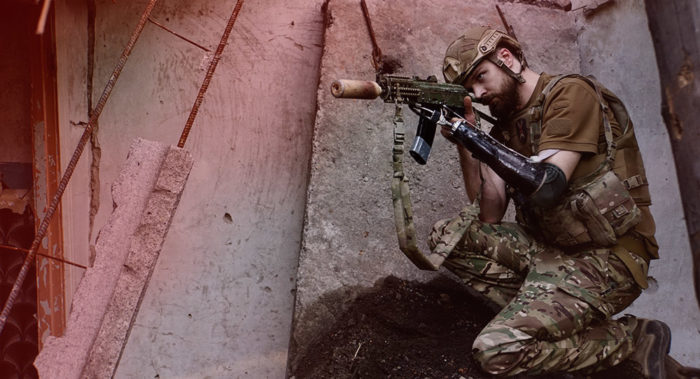"Shyrokyne is a strategic high ground and position for firing weapons, and had been regularly utilized by the enemy for the purpose of artillery barrages against the civilian population of Mariupol. This is the location from which the micro-raion East was attacked on January 24th, resulting in the deaths of 31 civilian residents and injuries to an additional 120 people, as well as the destruction of dozens of residential buildings. The enemy committed this crime during a time of a so-called ceasefire.
As a result of the Azov regiment’s Shyrokyne operation, supported by the Armed Forces of Ukraine, the village was returned to Ukrainian control. The front line was consequently moved back, preventing the possibility for further shelling of Mariupol. The civilian population of a major city was thereby saved and the advance of the Russian aggressor was halted at a strategic location. The price paid for these successes has been the shedding of the blood of our brothers in arms.
The removal of the Ukrainian army and the system of checkpoints for monitoring the ceasefire in Shyrokyne represents a tremendous loss of this Ukrainian territory, even in the estimation of the local OSCE mission. Further, the loss of Shyrokyne would mean voluntarily opening the way to Mariupol, placing nearly half a million of its residents in danger. The government risks losing important strategic objectives as well as industry located in the city.
While the commander of the Azov regiment, Andrii Biletskyi, has frequently criticised the terms of the Minsk Agreement, the initiative to demilitarize Shyrokyne represents an even greater step backwards than the accord itself. In the terms of the Minsk Agreement of 19 September, 2014, not only was this population point supposed to remain under the control of Ukraine, but Sakhanka as well, located to the east of Shyrokyne.
The proposal for the removal of the army contravenes the letter and the spirit of international law, since one of the key principles of the Helsinki Accord is the territorial integrity of the member countries of the OSCE. European observers ought to be insisting on the complete withdrawal of the entire Russian occupation army rather than pressuring the Ukrainian army to abandon a strategic position.
As fighters with the Azov regiment, we call upon the Commander-in-Chief as well as the top government leadership to avoid making a fatal mistake and not to abandon Shyrokyne and Mariupol to such a fate. We are convinced that this location requires the reinforcement of its defences, and not the withdrawal of the military.
We declare the following: we will defend our land to our last breath!
Glory to Ukraine!"





